Emerging economies, traditionally recipients of foreign capital, have now become the chief suppliers of capital that has become crucial in financing the large and growing current account deficit of the US inexpensively.The US’ current account deficit has crossed 6.7 percent of its GDP. Its fiscal deficit is at over 4 percent level. Any other nation would have collapsed economically under the weight of the twin deficits but not the US, because of the very special key currency status the greenback enjoys. If the pernicious drift towards fiscal instability in the US and elsewhere is not arrested and is compounded by a protectionist reversal of globalization, the adjustment process could be quite painful for the world economy.As long as Asian nations do not enhance domestic investments, let their currencies attain the real values and not implement vital structural reforms especially labor reforms, the dollar hegemony is destined to persist. The US need not proactively initiate any reforms, but can believe in gradualism, so that the greenback only undergoes slow and gradual depreciation, a soft landing without any disaster.The world may very soon witness oil and other major commodities being invoiced in non-dollar currency. This way, the US may be forced to correct its macroeconomic imbalances sooner than later. The rest of the world, therefore, needs to work in cooperation. Otherwise, the global economy will pay a high price, should the correction to the imbalances be left to market forces.
Global Imbalances in Trade and Finance: Issues and Perspectives
In stock
Free & Quick Delivery Worldwide
reviews
Bibliographic information
Title
Global Imbalances in Trade and Finance: Issues and Perspectives
Author
Edition
1st ed.
Publisher
ISBN
8131405923
Length
224p.
Subjects

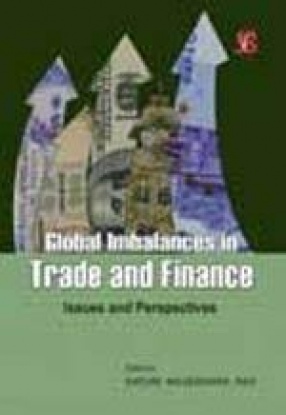
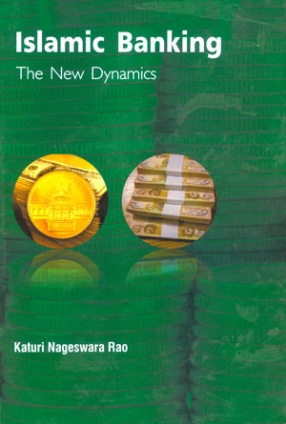
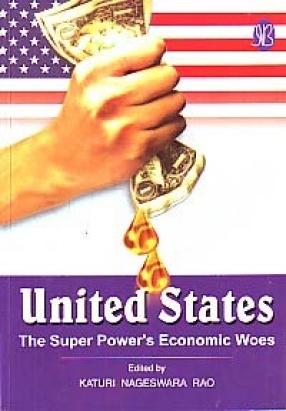
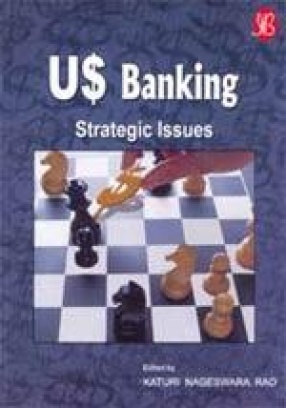


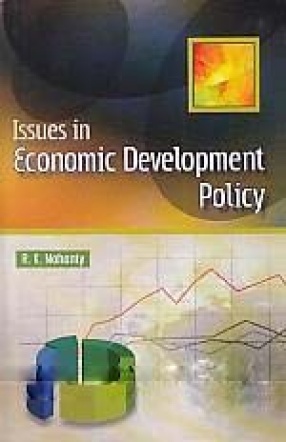
There are no reviews yet.